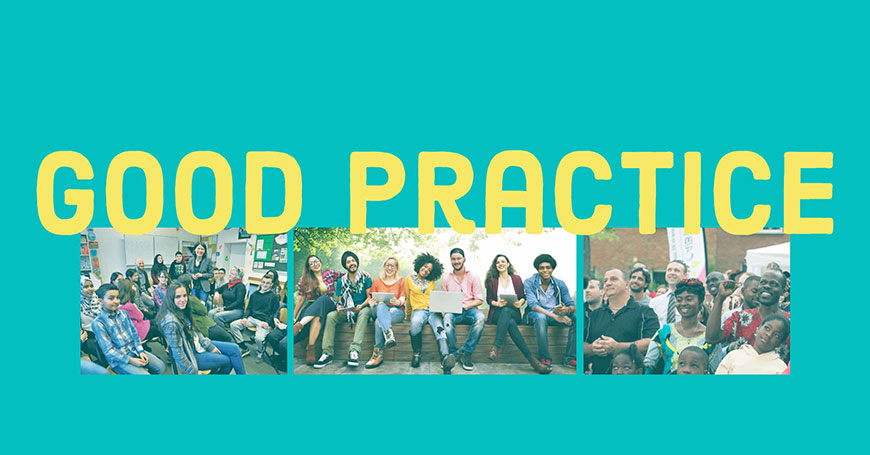Intercultural cities: good practice examples

The first step is the adoption (and implementation) of strategies that facilitate positive intercultural encounters and exchanges, and promote equal and active participation of residents and communities in the development of the city, thus responding to the needs of a diverse population. The Intercultural integration policy model is based on extensive research evidence, on a range of international legal instruments, and on the collective input of the cities member of the Intercultural Cities programme that share their good practice examples on how to better manage diversity, address possible conflicts, and benefit from the diversity advantage.
This section offers examples of intercultural approaches that facilitate the development and implementation of intercultural strategies.
Participatory Processes to Ensure Equal Access
Leeds organises an Equalities Assembly, participatory budgeting, intercultural dialogue platforms/round tables as well as MAP+ and the Migrant Community Networkers weekly drop-in. Additionally, the...
Equalities Assembly in Leeds
Local authorities have statutory obligations to consider equality in the United Kingdom (UK). The Equalities Assembly was set up by Leeds to ensure all diverse communities are involved in the...
The role of libraries as drivers of integration and intercultural interaction
Public libraries can be a particularly helpful place for newcomers and play a key role in giving access to knowledge, remedying social inequalities and improving these people’s quality of life....


